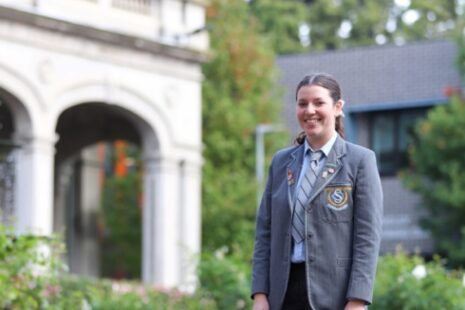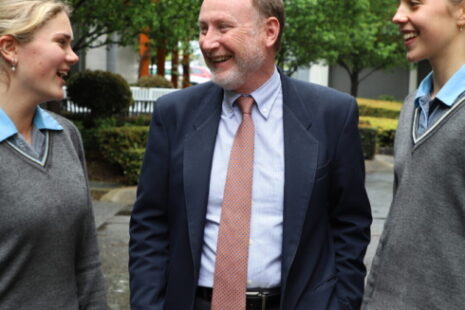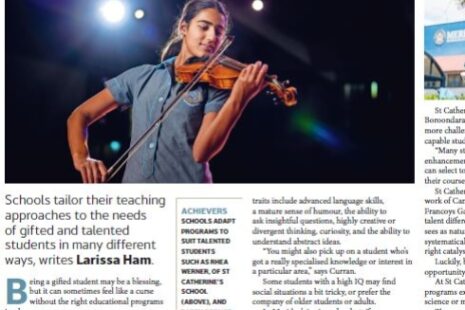Teaching Students to Fail and Persevere

As an educator, I have noticed increasing occurrences of students asking for my help before they have taken the time to think things through or attempted to work out a solution themselves. This leads to the question of why students are seeking immediate answers rather than attempting to try first themselves. Several reasons could be at play, including an increasingly fast-paced society leading to impulsive natures and a habit of expecting things to happen quickly, with little effort. Another reason could be the lack of exposure to the possibility of failure, resulting in a fear of trying and getting things wrong.
The world is filled with an overwhelming mass of visual stimuli, readily available at one’s fingertips. Posters, advertisements and videos, all colourfully displayed for maximum effect. Research shows that screen time (defined by watching television, computers, phones or electronic devices) has significantly increased for all ages over the years. This constant visual stimuli fires neurons in the brain, resulting in poor attention in students, and with such easy access to visual stimuli, no minute needs to go wasted. Gone are the days of students spending time with their friends, socialising. Instead, they ‘instant message’ their friends – the notable word being ‘instant’ where replies are immediate; or they while away their free time playing mobile games where the rewards are instantaneous, easy. Gone are the opportunities to learn the virtue of patiently waiting for delayed gratification or the sense of triumph felt from achieving a long-term goal, one worked hard for.

“We want to encourage students to take risks, to try, all the while with someone supporting them towards independence.”
With that comes many consequences. The concept of ‘waiting’ or ‘boredom’ has thus slowly become lost as children are constantly engaged and receiving immediate responses from their social media accounts and games. Not only does this prevent children from learning the skill of patiently waiting, but it also eliminates the opportunity for them to work hard towards something, to feel that resulting sense of achievement that is so much more rewarding than receiving an immediate response to something that requires a few taps of their thumbs.
With feedback and responses being received so quickly and easily, with minimal effort, in today’s society, children are seldom exposed to opportunities requiring the application of effort and time to receive the responses they want. This means less opportunities in applying effort for responses that may result in failure, less exposure to failure, leading to less motivation to step outside one’s comfort zone, take risks and try something new.
The impact of this can be seen in various aspects of their lives, including in the classroom. Tasks become ‘too difficult’ and students unmotivated, when in reality, they have looked at the task and decided that the effort required is too much. Where the saying ‘just give it a try’ used to suffice, students of today can become afraid to simply try because the fear of failure can be so great. Instead, it is easier to ask for the answers to be given. As educators, we want students to develop strategies to problem-solve, including asking for help – but there is a fine balance between asking for help and asking for answers without first attempting to solve the problem themselves. We want to encourage students to take risks, to try, all the while with someone supporting them towards independence.
At the end of the day, all parents, caregivers and educators alike want children to succeed. However, the reality is, behind every success are stories of failure, and to persist through those failures requires effort, time and patience. To set children up for success, we need to provide a supportive environment that encourages children to take risks, teaches them how to work hard, to accept failure but also to stand up again and persist when things are difficult. After all, to fail in life is inevitable, for ‘FAIL’ stands for ‘First Attempt In Learning’ and as the saying goes, nothing good comes easy.





